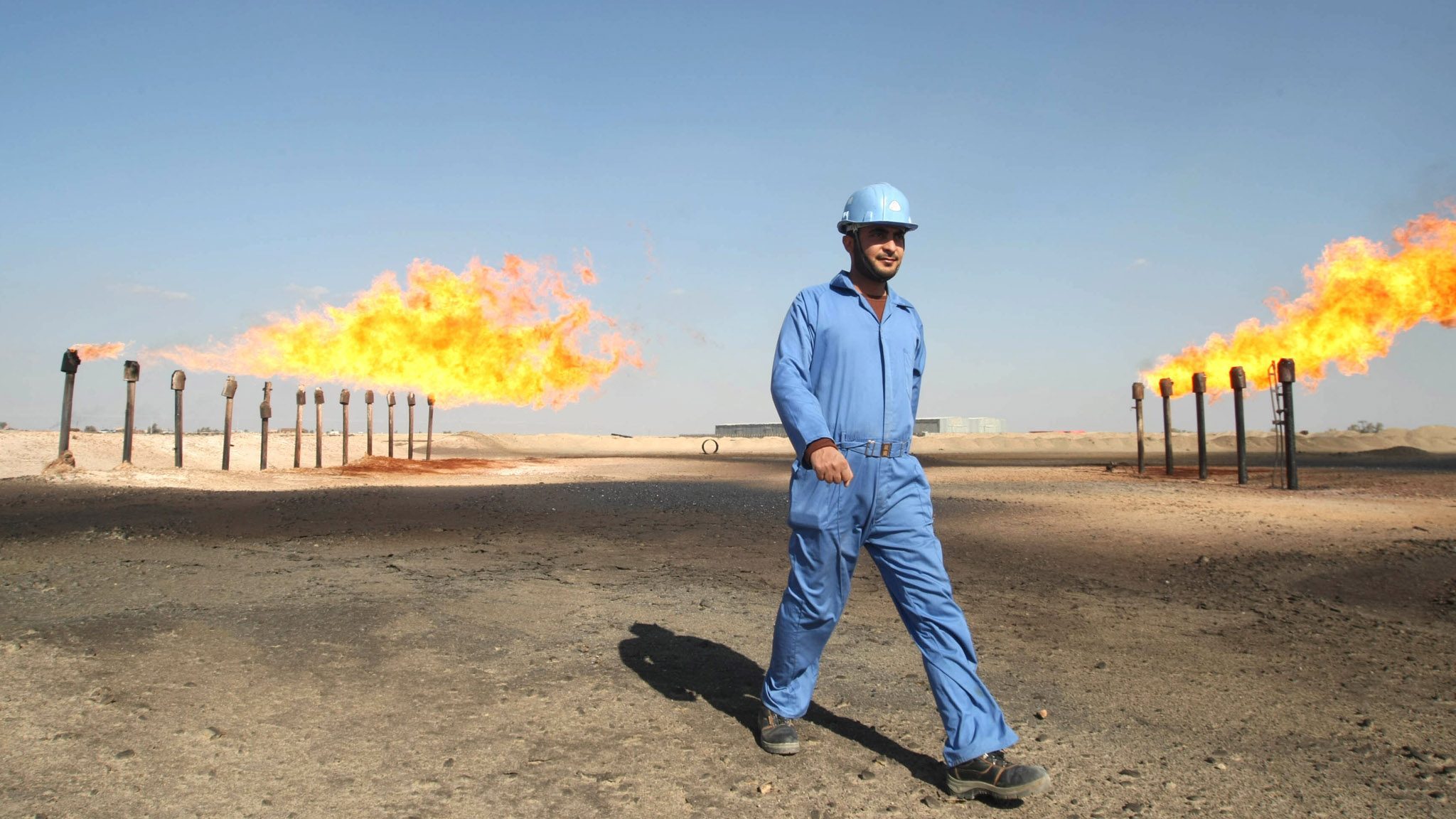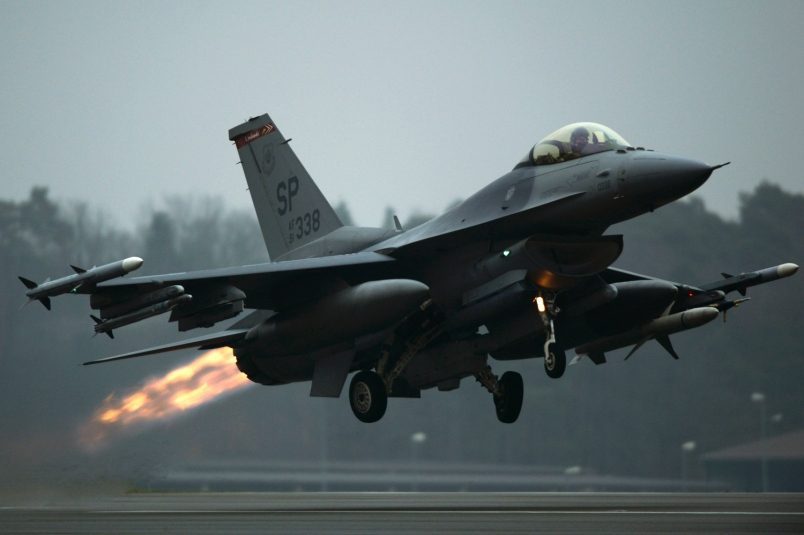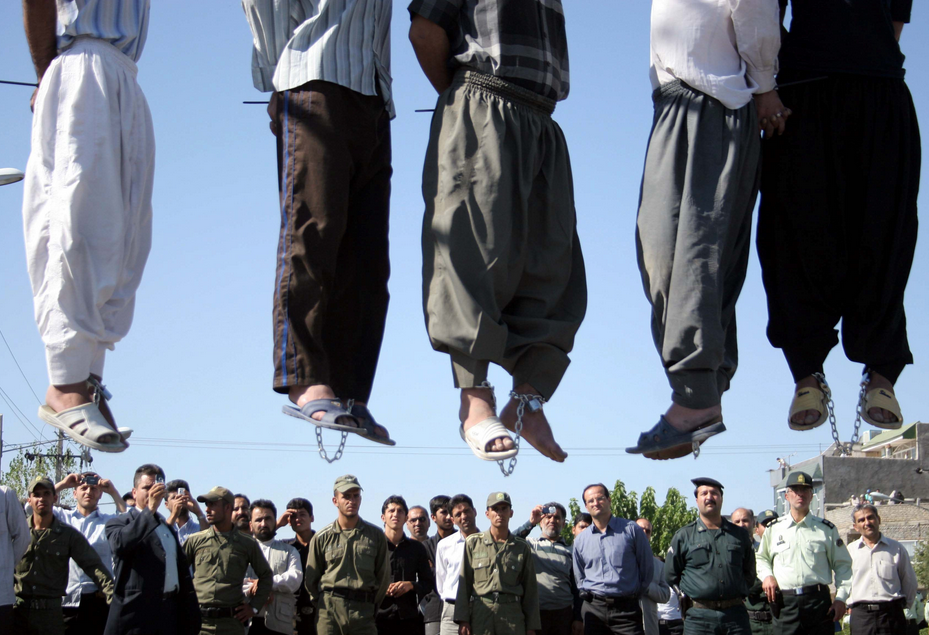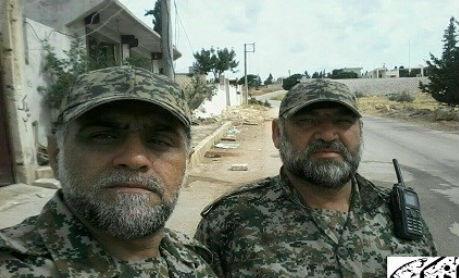
The United Arab Emirates will back a global deal to freeze or reduce oil production, which would help boost prices for OPEC nations, reported Reuters.
This decision comes while the OPEC countries are meeting for informal talks on the sidelines of the International Energy Forum in Algeria, which runs from Monday to Wednesday of this week.
“If all members of OPEC are in agreement around a decision, I think there is a high likelihood of getting support of the others, especially Russia”, UAE oil minister, Suhail bin Mohammed al-Mazroui, said on Monday ahead of an informal meeting of oil producers and consumers in Algeria.
He added “For us in the UAE, we are for a decision. We think a freeze will help if it is agreed. We hope that all are going to agree.”
No sign of oil freeze
On Monday oil prices climbed more than 3 percent ahead of a hotly anticipated statement from OPEC members and other producers led by Russia as to whether they will act to stabilize oil prices, said CNBC.
The rally came despite skepticism that the producers would reach a deal as they meet at the International Energy Forum in the Algerian capital.
Petrie Partners Chairman Tom Petrie told CNBC that even if Russia did reach a deal with OPEC members, many analysts think the freeze could backfire as rising oil prices would encourage U.S. producers to put rigs back to work.
The number of oil rigs operating in U.S. fields has rebounded 32 percent to 418 rigs since the end of May as American drillers squeeze profits out of their best acreage, primarily in Texas and Oklahoma.
Meanwhile, The Russians, for their part, have already said they are leaving Algiers on the 28th, and will not participate in any agreement unless the OPEC member countries reach a prior agreement to limit their output, which is not going to happen, outlined Dimitra DeFotis, the financial journalist at Barrons.
“our sense is that the scramble among some of the OPEC members like Venezuela to make further inroads towards a binding deal to “freeze” output at current levels has already run its course. Libya, Iraq, and Nigeria are demanding exemptions, and most of all, Iran will flat out refuse to participate until their output is back to its pre-sanctions levels above 4 million bpd ” said Dimitra DeFotis.
She added in an article titled “OPEC & Oil: Saudis, Russia, Iran & Venezuela Battle In Algiers”, the Saudi offer of a one million barrels-per-day output cut should also be taken with a grain of salt coming with the pre-condition that Iranians freeze output at current levels of around 3.6 million bpd, saying The Saudis knew it would be rejected, which it was. But both the Saudi offer, and any movement in Algiers to at least sign off on the formation of a technical working group should be taken as positive signs.



